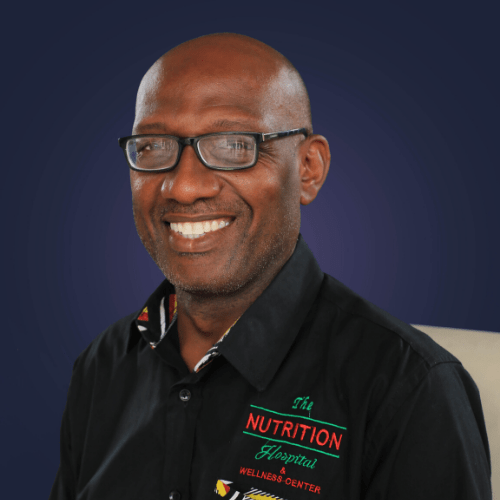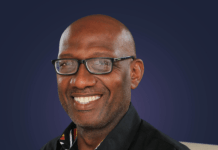
“You must have been a village herbalist or traditional healer or native doctor in your previous life.” That was a statement I found very complimenting from a sibling of mine. My journey to the current mode of my medical practice, being a holistic practice, has both an informal and a formal education component.
The informal education
For my informal education or exposure, I give credit to my grandmother and my great grandmother. As a little child, from age five to 10, we would go to the village during the holidays and stay with them at the family compound, in Ubiaja, Esanland, Edo State.
Great Grandma’s age was estimated to be over 110 years around that time. Yet, every morning, she was almost always the first to wake up. She would get her broom and start sweeping the front yard. If you tried to take the broom from her, she would refuse. Thereafter, she would pick up firewood to start the fire for meals, at the native outdoor cooking area.
After that, she would go in and take a bath. Next, she would have breakfast, pack her basket and head to the market. In the evenings and on weekends, she had fun playing with her great grandchildren. We played “ayo”, a Nigerian game, and Ludo. Often, she accused her grandchildren of trying to cheat her. She always kept herself active, doing one thing or the other, including washing clothes.
My other informal educator was my grandma. She would frequently visit her herbalists, traditional healers and native doctors, and she took us along. We sat and watched them.
Sometimes, when Grandma saw that we were about to go out with our parents, she would call us into her bedroom, get this little cow horn and pour out some black stuff on the palm of our hands and ask us to lick it. After that, she would tell us, “Don’t tell your father and don’t tell your mother.”
She was our grandma; we loved and trusted her, and so we did not tell our parents. Many, many years later, as a doctor studying emergency medicine in the USA, I saw this same black substance used as an antidote for food poisoning or medication poisoning. Wow! My mind flashed back to my Grandma. That’s exactly what she gave us in the village.
Those folks knew what to do for so many ailments. Anytime we or other folks got sick with fever or other ailments like malaria, Grandma knew what to do. She boiled water in a clay pot, always a clay pot. Once boiled, she selected herbs from her yard, shred them with her bare hands and put them into the hot water. Shortly, she would get a big blanket or wrapper and cover our head over the aromatic steaming clay pot.
Again, when I was diagnosed with asthma, they knew what to do. The village herbalist gave me charcoal tablets. This appeared to reduce the severity of the asthma episode
If you had stomach problems, Grandma knew what herbs to use.
I was a passive student in this phase of my education. But the memories stuck. Often times, I wonder if they are still communicating with me. Especially on the days I awake with a very clear inspiration or revelation of a treatment that is natural and unconventional. I have come to acknowledge that their knowledge is parked in my memory banks. And I am privileged to access these memories the more I remember and honour my ancestors.
Now, as a full practising physician, I have developed a healthy respect and admiration for my ancestors. I honour them for the healing knowledge and skills that kept generations alive and thriving. This is not only in Nigeria, but globally.
This was education, practical education. While it was informal education, it was still education and the transfer of knowledge intergenerationally. My subsequent journey to the USA validated my ancestral healing knowledge, as will be revealed in the next edition of this column.










Lovely. I’ve always been found of the traditional healing ways.